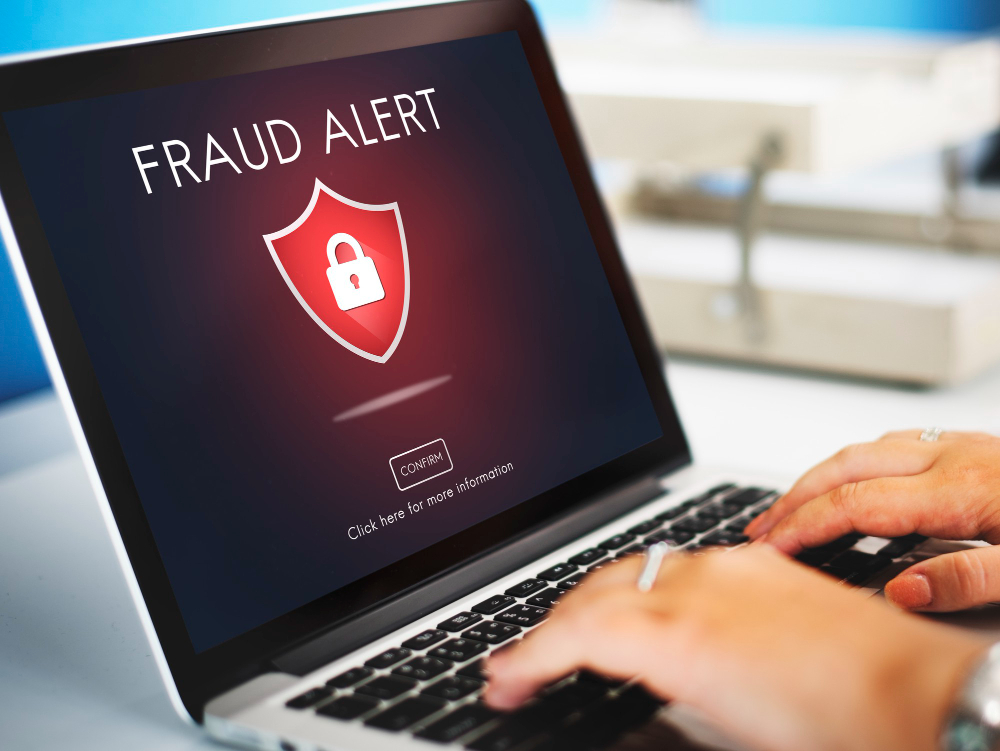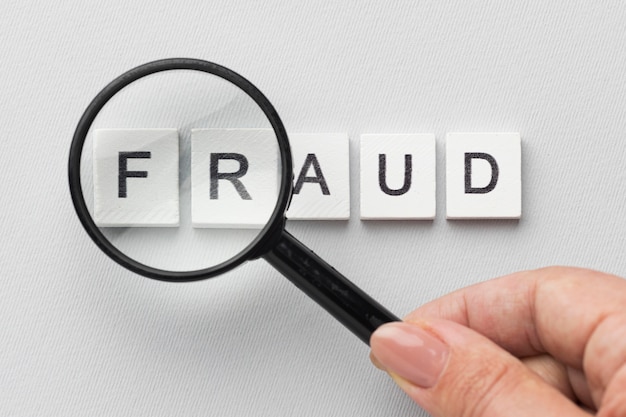Loan Scams? In 2025, a lot of Ghanaians, including students, traders, and government workers, take out loans to pay for school, start a business, or deal with an emergency. Unfortunately, this growing need has also drawn in fake lenders and scammers.
Scammers are getting more creative every day, coming up with things like “too-good-to-be-true” mobile loans, fake apps, and stealing people’s identities.
In this guide, we’ll walk you through:
-
Common loan scams in Ghana
-
Red flags to watch for
-
How to verify if a lender is genuine
-
Steps to protect yourself and report fraud
Common Loan Scams in Ghana (2025)
1. Advance Fee Fraud
Scammers promise you a loan, but demand you pay a processing fee (₵50–₵500) upfront. Once you pay, they disappear.
Real lenders deduct fees from your loan — not before approval.
2. Fake Mobile Loan Apps
Some apps look like real loan services but are only there to steal your data, track your phone, or extort you later.
These apps ask for too many permissions like access to your contacts, photos, and messages.
3. Loan Offers on Facebook & WhatsApp
You’ll see ads like “₵5,000 loan in 10 minutes – no collateral” with a WhatsApp number. When you contact them, they ask for your ID, bank details, and “processing fee” — then vanish.
4. Identity Theft Loans
Scammers use your Ghana Card details, passport photos, or phone number to take loans in your name without your knowledge — especially through mobile money lending apps.
5. Fake Loan Agents
Some fraudsters pose as representatives of real banks or credit unions. They give you branded forms and ID cards, but they are not officially connected.

Red Flags That Show a Loan Might Be a Scam
Watch out for these warning signs before you accept any loan offer:
| Red Flag | What It Means |
|---|---|
| No physical office or traceable location | Fake business, no accountability |
| Pressure to act fast | Scammers don’t want you to think twice |
| Demands payment before loan approval | Classic advance-fee fraud |
| Loan interest too good to be true (e.g., 5% for 12 months) | Unrealistic promises to lure victims |
| Poor grammar or suspicious emails | Fake messages from untrained fraudsters |
| No license or registration proof | Unregulated and illegal operations |
| Too many app permissions | Data harvesting and spying |
How to Check if a Loan Provider Is Genuine
1. Confirm Registration with Bank of Ghana
Visit https://www.bog.gov.gh and check the list of licensed financial institutions.
2. Check Reviews Online
Search the lender’s name on Google or Facebook. Look out for complaints or scam reports from past victims.
3. Visit the Office in Person
If they have no physical location or always avoid face-to-face meetings, that’s a red flag.
4. Use Trusted Institutions Only
Stick to well-known banks, microfinance institutions, credit unions, or reputable fintech companies (like Fido, Carbon, Absa, etc.).
5. Ask for Loan Breakdown in Writing
Any real lender will give you a written loan agreement showing:
-
Amount borrowed
-
Interest rate
-
Duration
-
Total repayment amount
-
Charges and fees
Practical Tips to Stay Safe
-
Don’t share your Ghana Card or bank info with strangers online or via WhatsApp.
-
Never pay any “processing fee” before your loan is approved.
-
Don’t click on suspicious links sent via SMS promising instant loans.
-
Avoid giving apps permission to access your contacts and gallery — unless it’s a verified source.
-
Use secure passwords and enable two-factor authentication on your phone and email.

What To Do If You’re Scammed
Step 1: Report to the Police
Visit the nearest police station and file a cybercrime or fraud report. Provide screenshots and evidence of the scam.
Step 2: Inform Your Bank or Mobile Network
They may block your account or prevent the scammer from accessing your money.
Step 3: Report to the Bank of Ghana
Email: [email protected]
Or call 0302 666902 (Consumer Protection Office)
Step 4: Warn Others
Post publicly on Facebook groups or Twitter. Use hashtags like #LoanScamGhana to raise awareness.
Trusted Alternatives for Safe Loans in Ghana
| Safe Source | Description |
|---|---|
| Credit Unions | Low interest, member-based. See CUA list. |
| Rural/Community Banks | Regulated, often easier requirements |
| Microfinance Companies | Must be BoG-licensed |
| Mobile Apps (BoG-approved) | Check permissions and reviews first |
| Salary Advance from Employers | Safer and no third party involved |
Targeted Advice for Specific Groups
-
Students: Avoid instant mobile loans. Use Students Loan Trust Fund (SLTF).
-
Small Business Owners: Join a credit union or trade group to get safe business capital.
-
Employees: Check with your HR for salary-based loan partnerships with banks.
-
Rural Traders: Use community banks or susu cooperatives, not WhatsApp lenders.
Stay Alert, Not Desperate
Scammers depend on people being in a hurry and desperate. If something feels wrong, pause and investigate. There are a lot of real loan options in Ghana, but you need to do your research.
If it sounds too good to be true, it probably is.
Learn how to spot and avoid loan scams to protect your money, your ID, and your future.






Be First to Comment